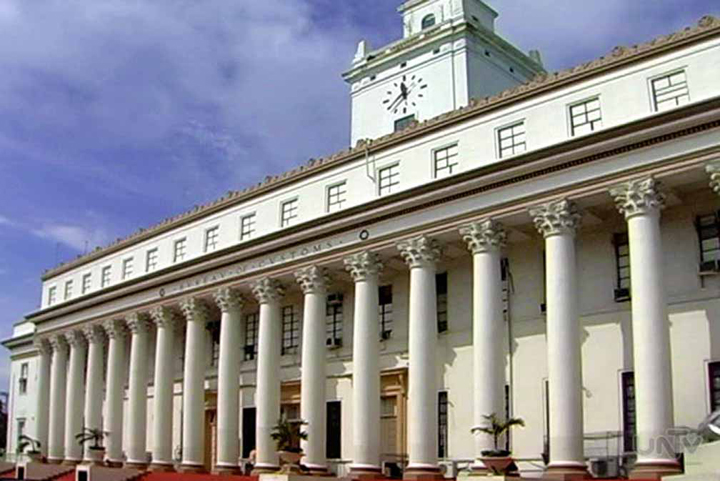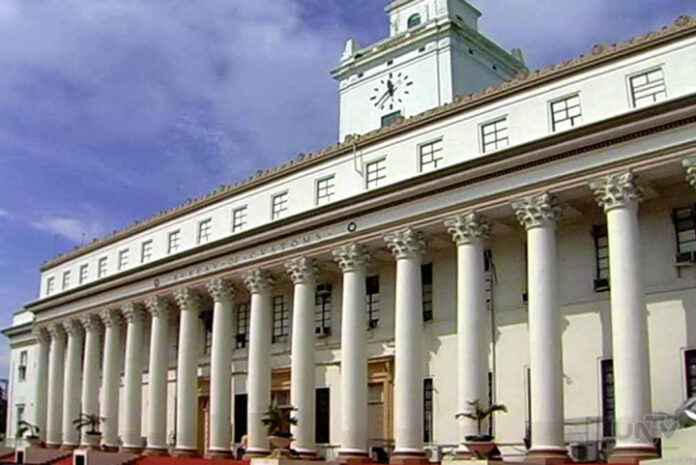
THE Bureau of Customs (BOC) seized 6,357 liters of unmarked diesel at one of the retail gas stations of a petroleum company in Pampanga as part of its efforts to curb oil smuggling in the country.
The Bureau of Customs Port of Clark issued a Warrant of Seizure and Detention against the operators of Petromobil Corporation’s gas station in Arayat, Pampanga after a field testing operation was done by the BOC and the Bureau of Internal Revenue last September 3.
“Follow-up field testing operations were conducted covering other identified Petromobil stations within the National Capital Region, Northern and Southern Luzon,” Customs Commissioner Rey Leonardo Guerrero said in his report to Finance Secretary Carlos Dominguez III during a recent Department of Finance executive committee meeting.
The follow-up field testing operations resulted in BOC ordering the closure of another Petromobil retail station in Angeles City in Pampanga, while other stations of the oil company in Rizal and Bulacan were also found with deficient fuel marker levels of 20 percent and below.
“These stations, as well as the identified fuel source are subject to ongoing surveillance operations,” Guerrero said.
The BOC has also teamed up with the Philippine Ports Authority, Maritime Industry Authority, and the Philippine Coast Guard to mobilize a Department of Energy (DOE)-led task force against petroleum smuggling done within the country’s territorial waters.
The DOE-led Interagency Task Force on Energy (IATFE) intends to include the Philippine Navy and the National Intelligence Coordinating Agency in the group so that it would become the “umbrella” organization fighting petroleum smuggling, Guerrero said.
Moreover, the Customs chief said BOC has been coordinating with the agencies in the task force to comply with Dominguez’s instructions to go after sea vessels turning off their automatic identification system (AIS) transponders to avoid detection, and also those directly unloading fuel in lorries.
“On the part of the BOC, we’re making use of our Command Center at the Customs Operations Center to conduct surveillance on vessels of interest (VOIs) and we are providing periodic reports to your office,” he said.
According to Guerrero, BOC’s Enforcement and Security Service has boarded 50 vessels as of September 10, including those VOIs that have been irregularly transmitting their positions because their AIS were switched off at certain times.
No violations of customs or anti-smuggling laws by these VOIs were found so far, but they were warned that subsequent instances of irregular transmissions will be dealt with more severely in the future, Guerrero said.
P280-B tax take
Almost two years since the start of the fuel marking program, the government has collected P280.48 billion in duties and taxes.
The government injected fuel markers on 28.8 billion liters of fuel from September 2019 to August 26 this year.
The fuel-marking program was launched with the aim of halting illegal importation, manufacturing, and other fraudulent activities relating to the use and sale of petroleum products in the country.
Fuel marking makes use of a unique chemical marker that can be embedded at a molecular level in petroleum products—gasoline, diesel, and kerosene—thereby enabling authorities to test, identify and distinguish petroleum products with paid excise taxes.
Read full article on BusinessMirror

